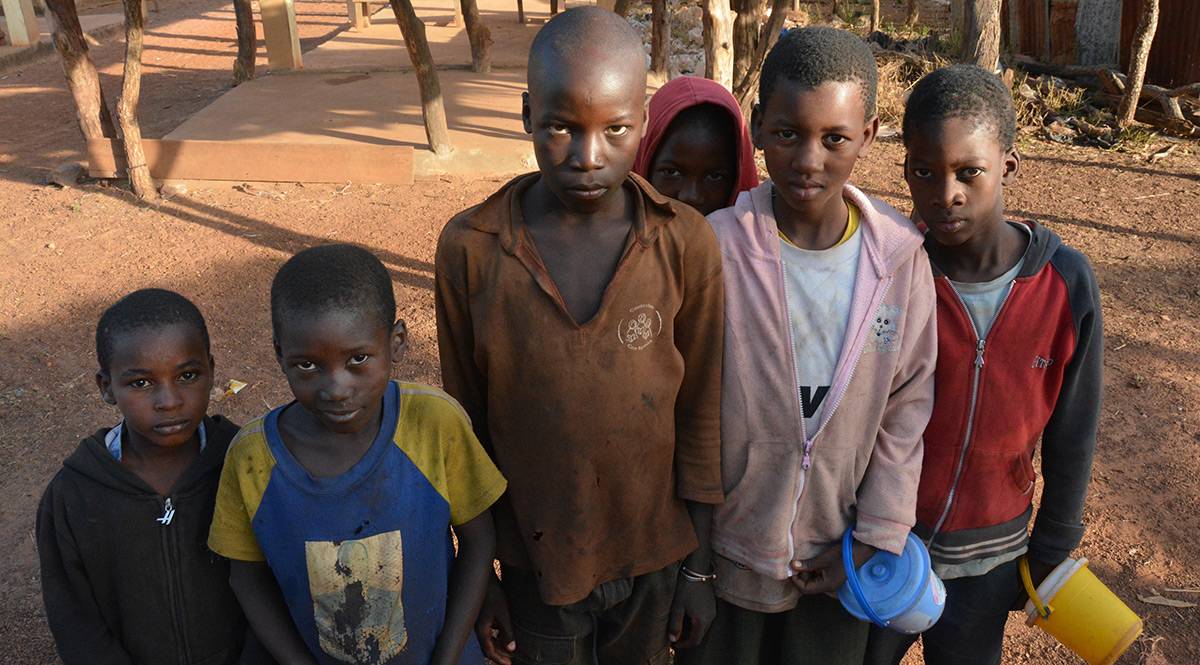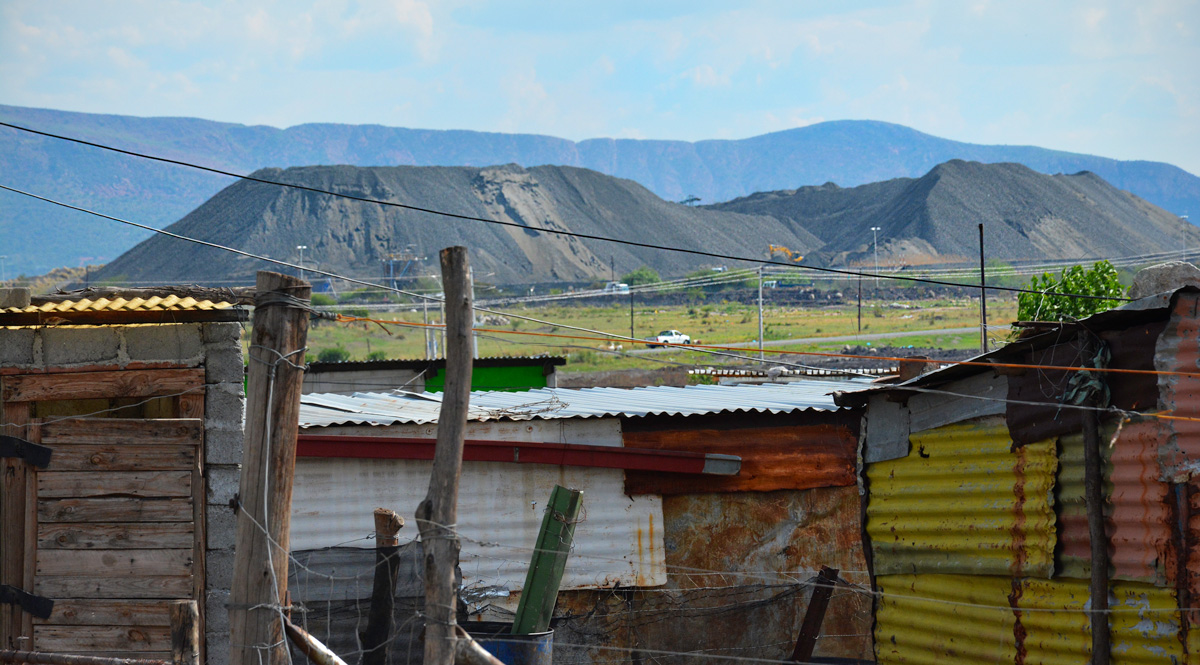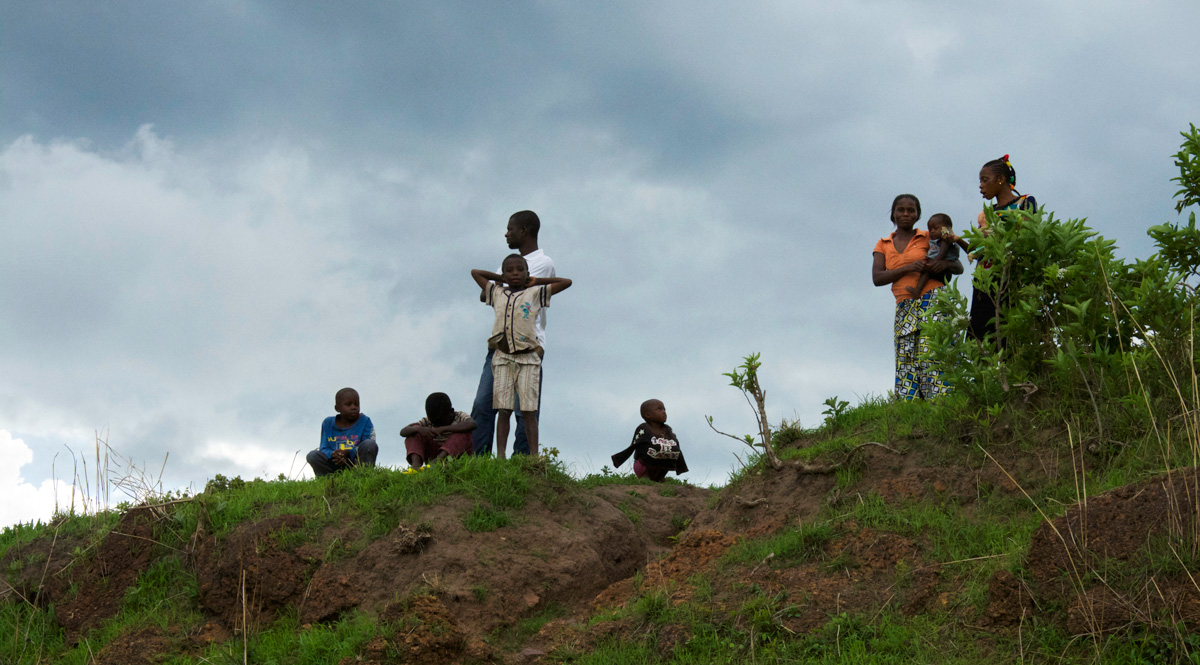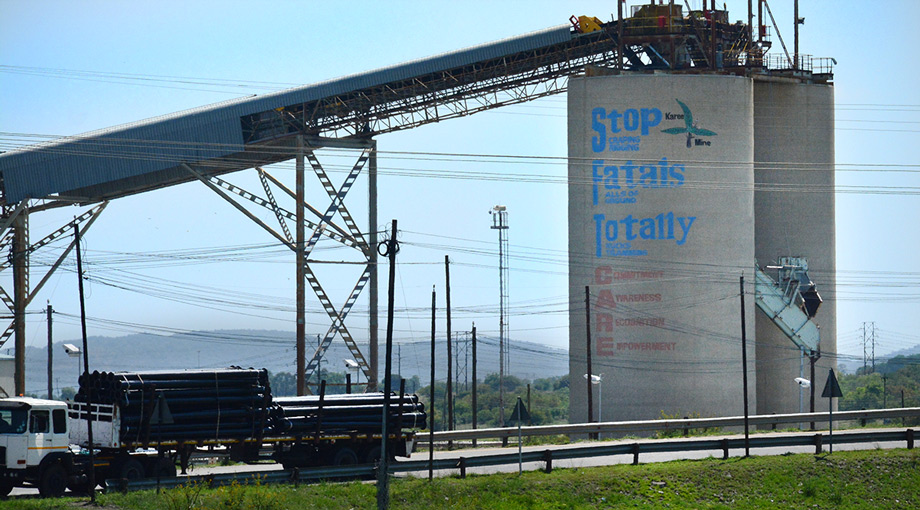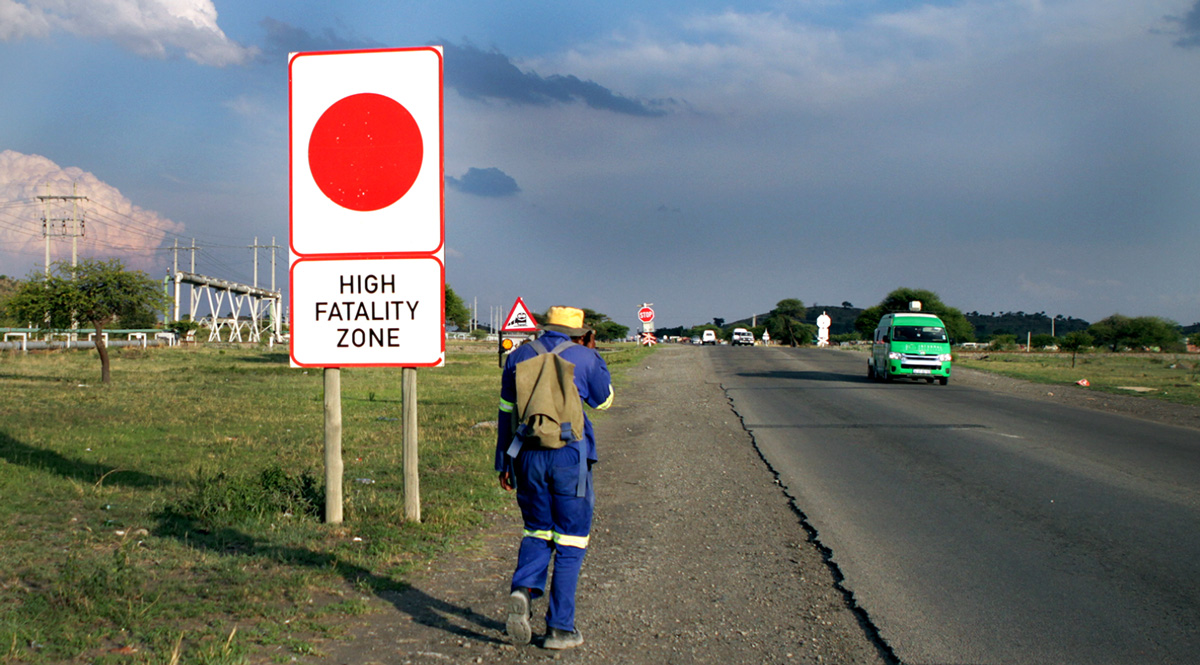Broken promises to impoverished communities, serious environmental concerns and poor health and safety records linked to Australian mining companies have all been revealed by Africa’s largest ever collaborative journalistic investigation.
Reporting by ICIJ and partners in at least 13 African countries follows months of analysis of corporate filings and on-the-ground reporting from journalists who collectively travelled thousands of miles.
At the center of Fatal Extraction is the human toll – hundreds of deaths and injuries reported and unreported by Australian-listed mining companies since the beginning of 2004. These publicly traded mining firms have received relatively little public attention even though they are more numerous than companies from Canada, the United Kingdom or China.
ICIJ’s partners in Botswana, Namibia, Mali, Burkina Faso, South Africa, Tanzania and Madagascar have also exposed environmental and social complaints against companies that operate in some of the world’s poorest and most vulnerable nations.
“We were robbed in daylight by the authorities and DML [Discovery Metals Limited], but we had no choice but to allow them to rob us,” one farmer told the Botswana newspaper Mmegi, which produced a series of reports on the collapse of Discovery Metals Limited and the plight of farmers who had been forced out for the copper mine.
The former country manager of the company, which has gone into administration, shrugged his shoulders and said he had nothing to say when Mmegi sought answers.
In Mali, Depeches du Mali delved into what reporter David Dembele calls an “explosive” situation between a gold mining company and the impoverished communities that live alongside it.
Since the company took control of the mine, writes Dembele, “gold and poverty have rhymed.” Locals complain of environmental ruin, under-employment and a failure by the company to deliver infrastructure benefits to the community, according to Depeches du Mali. The investigation also appeared on the front page of newspaper Les Echos.
In neighboring Burkina Faso, L’Economiste du Faso dissected a major legal battle over mine workers’ rights and working conditions.
Journalist Sandrine Sawadogo spent months tracking down court filings and conducting interviews with ministers, experts, company representatives and victims.
The reporting reveals the troubled presence of Australian mining through all stages of operations, including exploration, construction, production and even closure.
In Tanzania, local community members told Daily News of their bitterness after a gold mine closed its doors. Across the Mozambique Channel in Madagascar, a small titanium mining company defended itself to L’Express de Madagascar against villagers’ complaints before operations even began.
In Malawi, Nyasa Times reported on the latest installment in a battle between nongovernmental organizations and a uranium mining company and the government over the health and environmental impacts of by-product to be released into nearby rivers.
In Namibia, reporters analyzed the “toxic trail” of Australian mining companies scrambling for the country’s vast uranium deposits. Serious concerns about the health and safety of employees prompted a multi-ministerial study to investigate reports of stillbirths among female employees. While the stillbirths were not caused by unsafe radiation exposure, The Namibian found, the government report did identify health and safety deficiencies.
Further investigations will soon appear in Senegal, Ghana, Zimbabwe, Cote d’Ivoire and Zambia.
